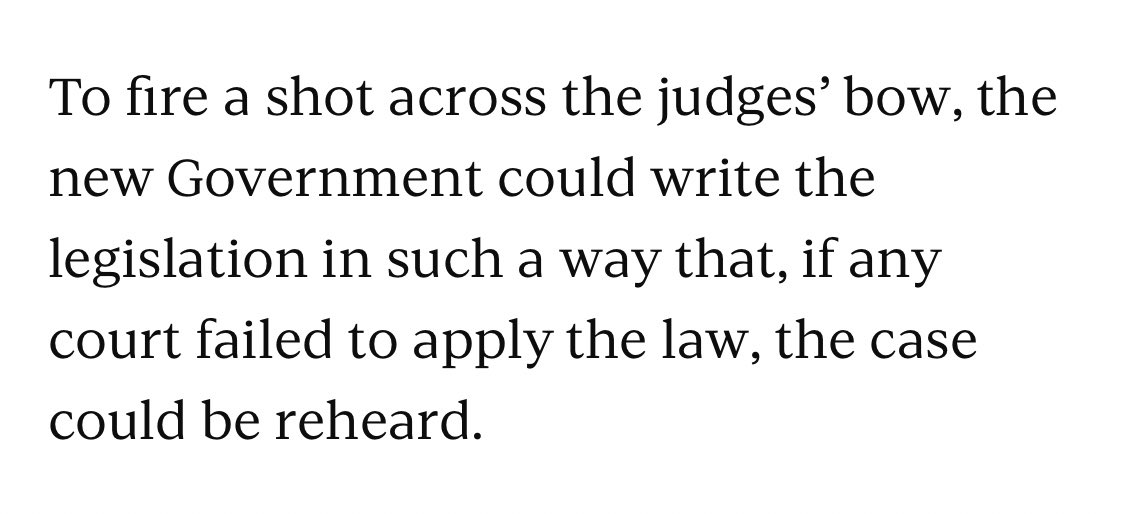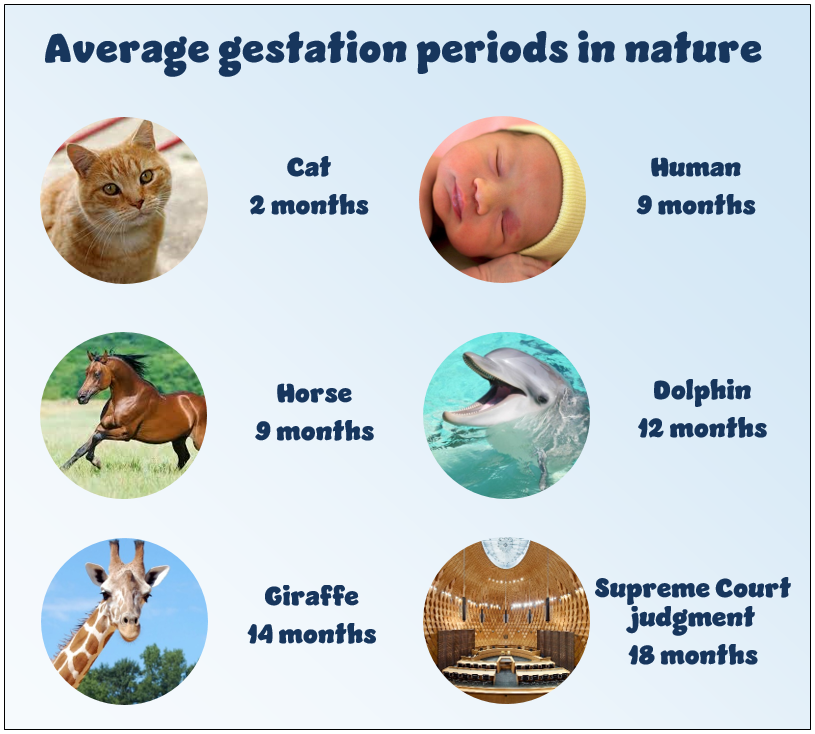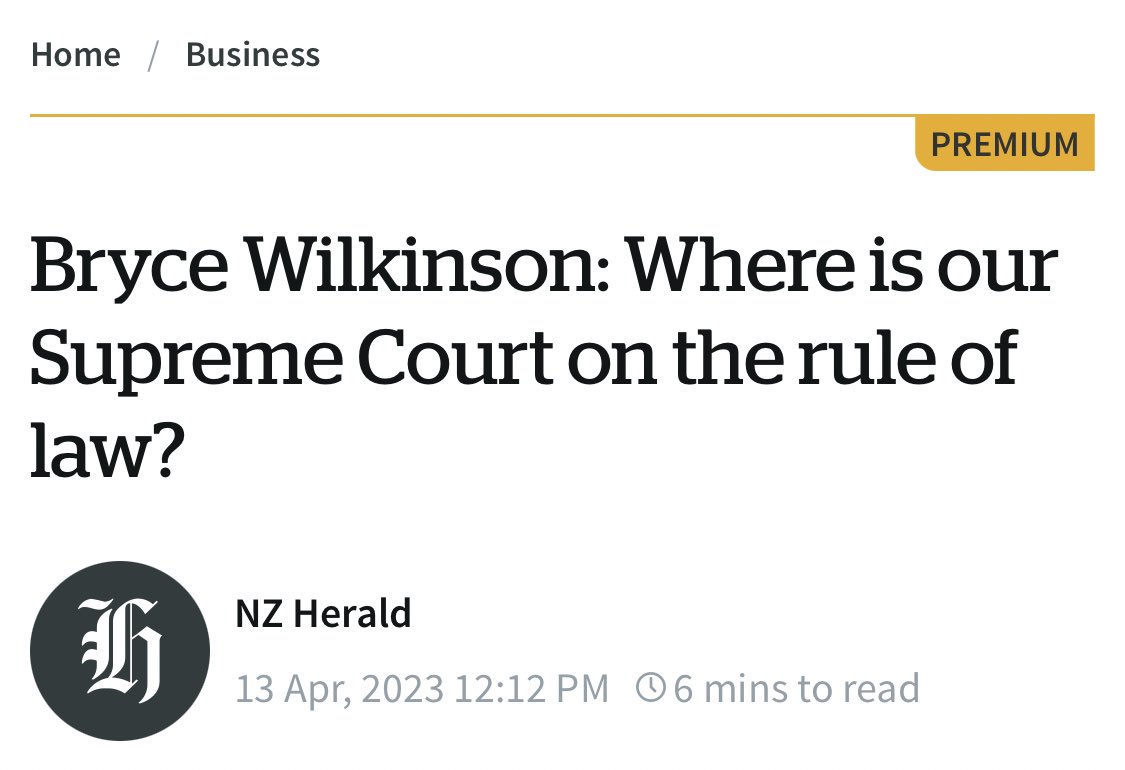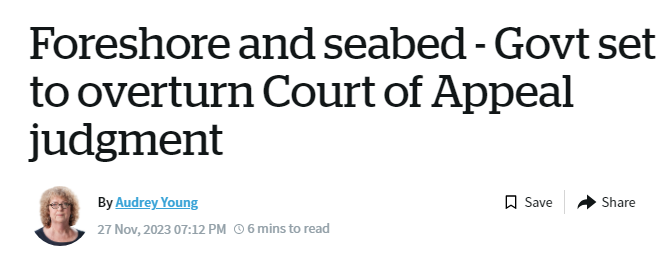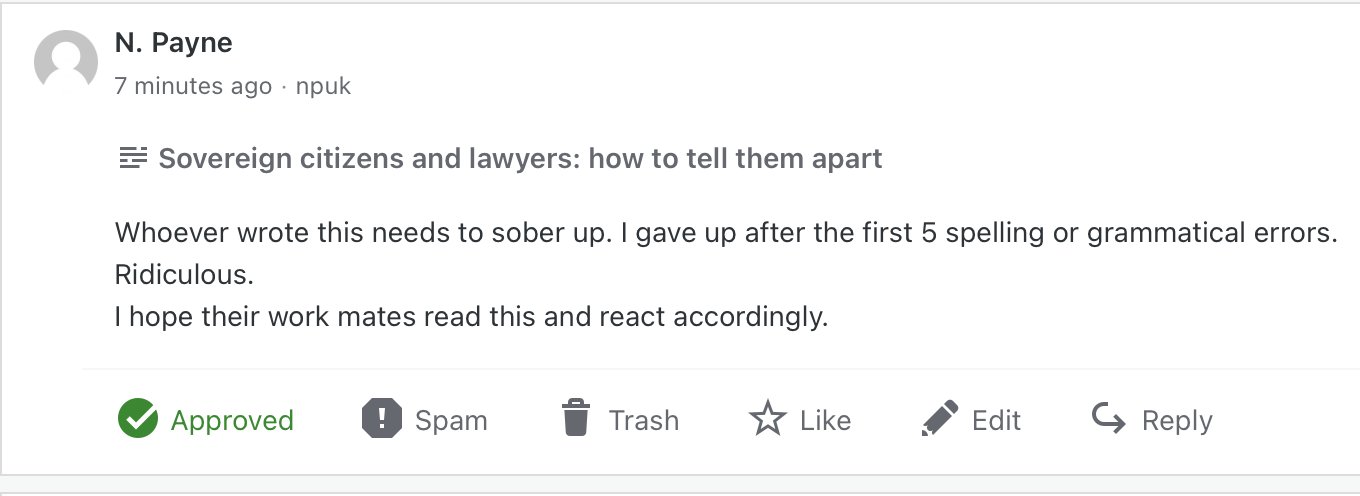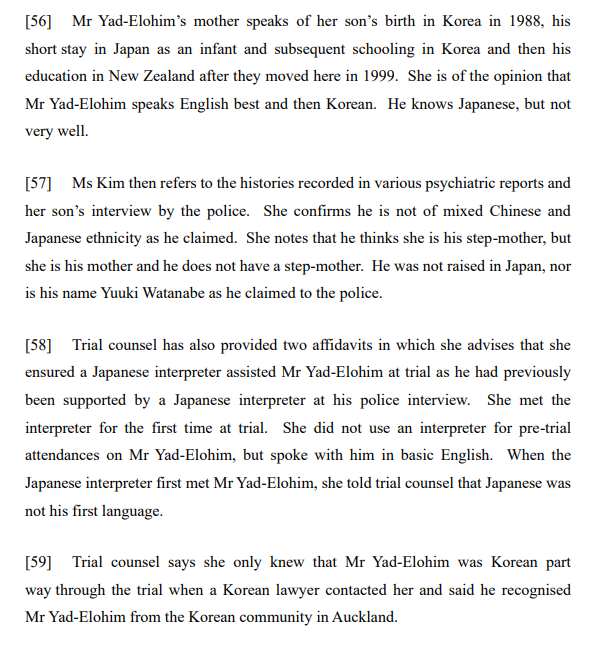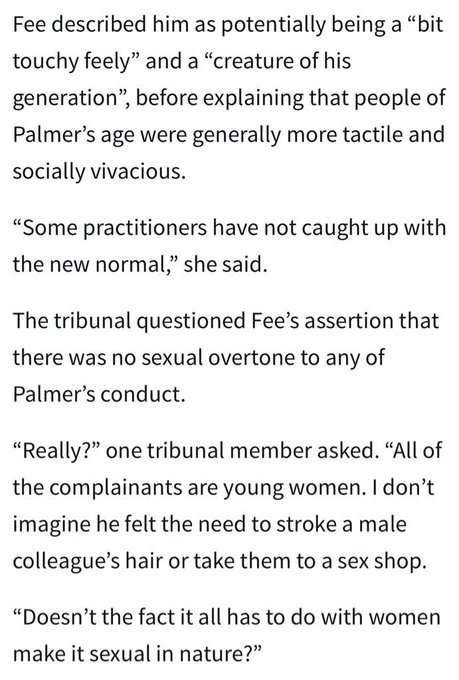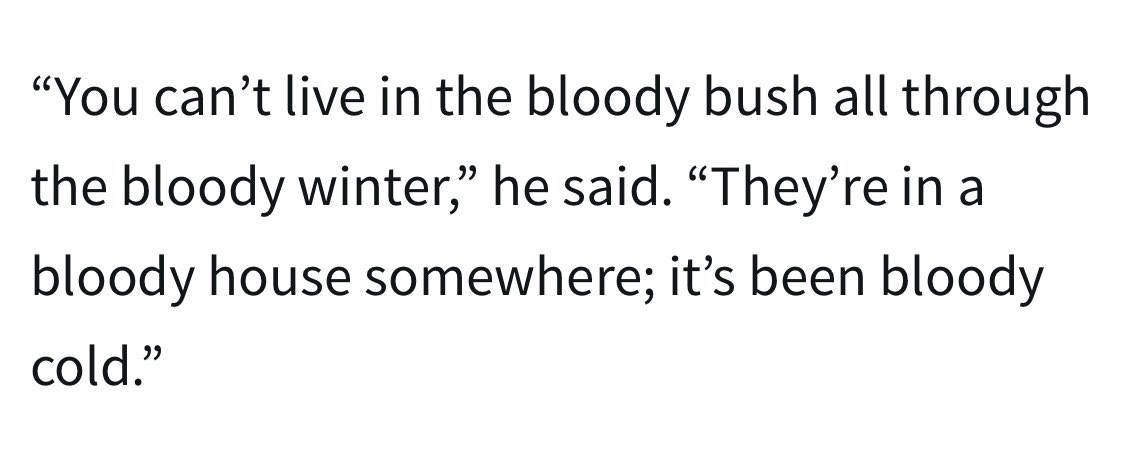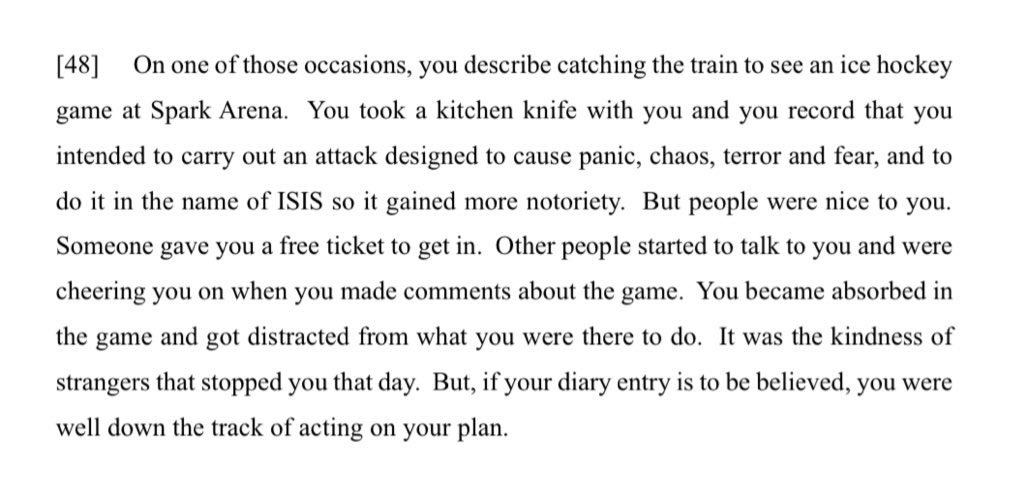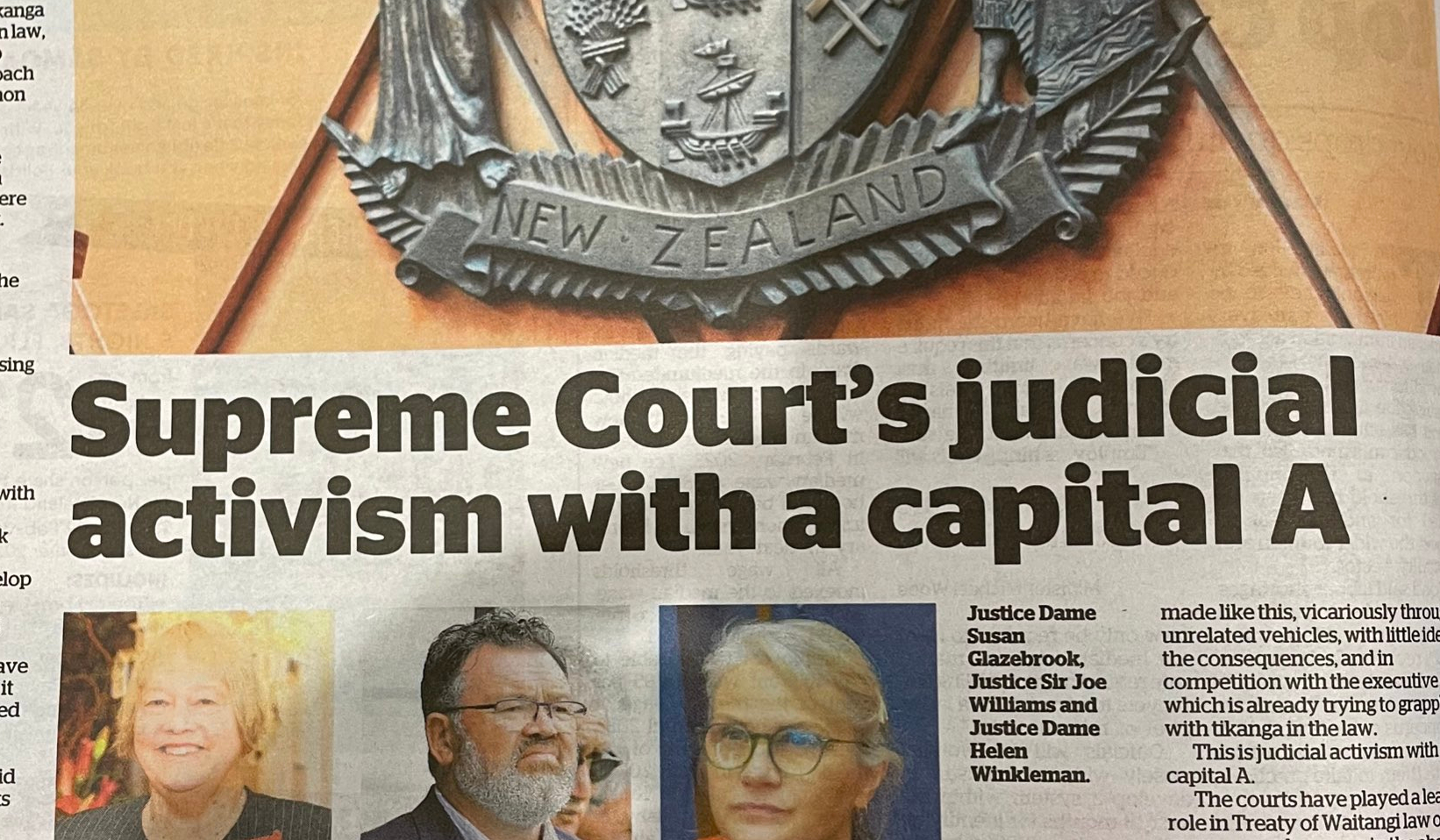The worst High Court decision of 2023 is called Ngāti Paoa Trust Board v Panel Convener [2023] NZHC 1328.
The COVID-19 Recovery (Fast-track Consenting) Act 2020 provides for expert consenting panels. Expert consenting panels decide resource consents for specified projects on fast-forward. An expert consenting panel “is administrative and quasi-judicial in nature and its practical purpose is to replace both the consenting authority and the Environment Court roles” (at [53]).
The Act tells the Minister to appoint a current or former Environment Court Judge to be the panel convener. The panel convener’s job is to appoint panel members. Local authorities and iwi authorities may nominate people for appointment, and the panel convener can appoint others as well.
Unsurprisingly, there are statutory criteria for appointment. Collectively a panel must have knowledge, skills, and expertise relevant to resource management issues; the technical expertise relevant to the project; and expertise in tikanga Māori and mātauranga Māori.
The panel convener is retired Judge Newhook.
Judge Newhook went to appoint an expert consenting panel for the Botanic Riverhead consent. Ngāti Paoa Trust Board nominated James Gardner-Hopkins. Mr Gardner-Hopkins’ name and actions will be familiar to you. He is not the focus of this post; the High Court judgment is.
After some correspondence, Judge Newhook declined to appoint him to the panel. Judge Newhook’s reasons were:
[21] I have come to the conclusion that acting reasonably and in good faith, I may also take into account other considerations than a person’s ability to perform the functions of office, because those extend to other factors relevant to participants and the broader public having confidence in the consenting process and the outcome, as well as in the decisions of the panel [convener] concerning the appointment of panel members.
[22] This includes that a person’s character and integrity is relevant to whether that person can perform the functions of office, and can be confidently perceived by parties and the public generally to be able to offer that.
[23] Because of the matters quoted from the High Court decision above, my conclusions in the immediately preceding paragraphs, and to a degree in the context of judicial comity with the decisions of the Tribunal, the High Court and the Environment Court cited above, I have decided to decline the appointment of James Gardner-Hopkins nominated by [the Trust] for this decision-making panel.
The Ngāti Paoa Trust Board applied for judicial review.
In the High Court, Churchman J declined the Board’s first ground of review relating to Judge Newhook’s power to say no. That turned on statutory interpretation. The Act did not require Judge Newhook to appoint a person where they were the only person nominated by an iwi authority. And Judge Newhook retained a “discretion not to appoint a particular person to a panel for factors outside of the prescriptive requirements [of the Act]” (at [58]). That was an implied ancillary power in the statute.
But Churchman J upheld the Board’s second ground of challenge. Judge Newhook took into account irrelevant considerations in exercising that power. Justice Churchman considered two aspects to this.
First, Judge Newhook was wrong to consider that “judicial comity” was a reason to decline to appoint Mr Gardner-Hopkins. That was essentially founded on the basis that the Disciplinary Tribunal and High Court decisions suspended him from being a lawyer.
Previously, the Environment Court had concluded that letting Mr Gardner-Hopkins appear as a non-legal representative in court proceedings, while suspended from practice, would cause people to question what effect the Environment Court was giving to the Tribunal’s suspension order: Port of Tauranga Ltd v Bay of Plenty Regional Council [2022] NZEnvC 92. Comity spoke against him acting as a representative.
Judge Newhook had taken a similar view about his appointment to the expert consenting panel.
Justice Churchman was critical:
[87] … The application in the Port of Tauranga decision, if it had been successful, would have involved Mr Gardner-Hopkins appearing before a Court and acting as an advocate for, or otherwise representing, a party at Court hearings. This is different from acting as an expert panel member determining resource consent applications on their merits. I am satisfied the Port of Tauranga decision does not preclude the appointment of Mr Gardner-Hopkins to roles which do not involve fundamental incidents of legal practice such as representation and advocacy.
[88] In reaching this conclusion, I do not disagree with any of the reasoning in the decision in Port of Tauranga. I have found that the role of being a panel member is different to the role of being an advocate in a Court and is the type of work in the resource management area that the Disciplinary Tribunal expressly anticipated that Mr Gardner-Hopkins may be able to undertake during the period that he was disqualified from practising law. Judicial comity did not therefore require the Convener to decline Mr Gardner-Hopkins’ nomination, and the Convener erred to the extent he made his decision on the basis of the need for judicial comity.
But that’s not an error Judge Newhook made. He didn’t identify any need for judicial comity. He didn’t say that judicial comity required him to decline Mr Gardner-Hopkins’ nomination. He simply said his decision was “to a degree in the context of judicial comity with the decisions of the Tribunal, the High Court and the Environment Court”. In context, that is saying nothing more than the Tribunal, High Court and Environment Court decisions have commented on Mr Gardner-Hopkins’ integrity, and the public perception of letting him be involved in legal processes while his suspension is on foot.
That is absolutely something that Judge Newhook can take into account. You know how I know? Because Churchman J said it 23 paragraphs earlier:
[65] … It would be inconsistent with the purpose of the Act if a convener lacked discretion to decline a nomination even in situations involving clear evidence that a nominee would bring the panel, process and outcomes of the fast-track consenting process into disrepute and therefore lacked capacity to hold office in the terms described in Clark v Vanstone. Such an outcome would be contrary to the purpose, function and public nature of the consenting panel process.
Nor is Churchman J’s reasoning convincing when it says that Mr Gardner-Hopkins’ suspension should only restrict his appointment to roles that require him to represent someone or advocate. First, the expert consenting panel is quasi-judicial. That necessarily invokes the scrutiny of standing in the legal community. Appointment to a panel designed to partly replace the Environment Court sure seems like something we ought not to appoint disgraced lawyers to. What do the lawyers submitting on applications to the expert consenting panel feel about making submissions to a suspended colleague? Second, where did Mr Gardner-Hopkins get his expertise in resource management law? Could it be from his years of practice from being a resource management lawyer? On Churchman J’s analysis, regulatory authorities including the High Court of New Zealand have determined that Mr Gardner-Hopkins ought not to be afforded the privilege of acting as a resource management lawyer, but it is wrong to even take this into account when deciding whether he can be appointed to a state-funded position about resource management law.
The second aspect of irrelevant consideration review that Churchman J upheld relates to the assessment of Mr Gardner-Hopkins’ “character and integrity” (at [89]). His Honour held:
[89] … I do not consider that Mr Gardner-Hopkins’ suspension from legal practice (and the reasons for it) was a factor which should have been material in the Convener’s decision declining his nomination, as it clearly was.
Pause there. That’s not relevant considerations review. If Judge Newhook could lawfully consider the matter (and Churchman J accepts he could), then after that weight is a matter for Judge Newhook unless the decision became unreasonable in a public law sense. The High Court cannot review a decision-maker for the degree of materiality they placed on a relevant consideration.
His Honour continues:
[91] I consider that to prevent Mr Gardner-Hopkins from assuming roles outside those performed in a legal capacity on the basis solely of his suspension from such practice would be to punish him again for the same misconduct, which has already been fully dealt with in his suspension from legal practice, and in fact cut across the finality of the Tribunal and High Court decisions and orders.
The characterisation of “punishment” is not helpful. A Tribunal decision suspending one from practice for non-consensual touching of junior lawyers is not a clean slate mechanism. The suspension from practice means that he can’t be suspended again for the same thing. It doesn’t prevent people making judgements about his character. To test this reasoning, ask the question, could his conduct be considered as part of a decision whether to appoint him as a High Court Judge? Obviously, instinctively, yes! So it hasn’t been “fully dealt with” as Churchman J puts it. Because what we’re really relying on is the underlying conduct that the Tribunal and High Court have identified and publicly condemned.
And even if simply taking into account previous conduct as a reason to decline appointment was a “punishment”, how about we finish the first punishment before we decide whether something is punishing someone again? Here, Mr Gardner-Hopkins has not even served half of his three year suspension. The chance of rain is not unreasonable while you remain under a cloud.
Justice Churchman concluded:
[94] I consider that the Convener erred to the extent that he focused on past events and misconduct rather than the nominee’s ability to perform the role without bringing the panel into disrepute. Given the public censure in the form of the suspension from legal practice, the interventions in which the nominee had subsequently engaged, and the fact Mr Gardner-Hopkins has been held to account for his actions in receiving the maximum suspension from legal practice (short of being struck off), the risk of Mr Gardner-Hopkins bringing the panel into disrepute in the eyes of someone fully informed of the detail of the Tribunal decision is not a matter that justified the Convener’s decision.
[95] Accordingly, I consider the Convener erred in declining Mr Gardner-Hopkins’ nomination to the panel on the grounds stated. While the Convener was correct to note that he was entitled to take other considerations into account in determining whether to appoint Mr Gardner-Hopkins to the Panel, nothing in the Tribunal, High Court or Environment Court decisions required him to decline Mr Gardner-Hopkins’ nomination, nor indeed gave any good grounds to do so.
I think it’s that last sentence that prompted me to write this. Are there really no good grounds in the Tribunal and High Court decisions to decline to appoint Mr Gardner-Hopkins? Is there no obstacle to appointing a person to a position of power, no obstacle whatsoever, if that person has demonstrably abused a position of power in the past? Is it really the case that Mr Gardner-Hopkins has been “held to account for his actions” when he has not yet even served half of his suspension? Because that is what the High Court of New Zealand is saying in that last sentence. That is far more than a court needed to go on judicial review, but Churchman J chose to say this. And it’s deeply, deeply depressing.
Rehabilitation is possible. The Tribunal decision and the High Court decision record contrition on Mr Gardner-Hopkins’ part. There will come a day when he returns to the profession and he can look us in the eye. But, as I said near the start, he is not the focus of this post; the High Court judgment is.
I am not asking for eternal punishment but, damn it all, some medium-term consequences would be nice. I refuse to accept that we can be in moving on, forward-looking territory when a practitioner has not yet at least finished serving their penalty and we’re contemplating their appointment to a state-funded quasi-judicial panel.
Justice Churchman pointed several times to the Tribunal decision and what it said about not intending to prevent Mr Gardner-Hopkins making the most of his skills in resource management. I’m not quite sure what the Tribunal would have made of this one. But that’s not the paragraph in the Tribunal’s decision that should cause us to reflect. It’s this one:
[185] We wish to comment briefly on the effects on the complainants, and the other two (then) junior women lawyers who gave evidence. Of the group, two have left New Zealand – one specifically as a result of these events; at least one has left the profession; another changed her area of practice so as to avoid contact with Mr Gardner-Hopkins (especially after he was elected President of the Resource Management Lawyers Association); another felt her career had been adversely affected. It is a mark of shame for the profession that its most junior members have shouldered the burden of bringing these events to notice, but it reflects only positively on them.
One of Mr Gardner-Hopkins’ victims left resource management law after he was appointed to a position of power and responsibility in the area. The response of the High Court to his prospective appointment to another position of power and responsibility in the same area is to say that nothing he had done “gave any good grounds” to refuse him. More than that, the High Court ventured that “someone fully informed of the detail of the Tribunal decision” would conclude the same (at [94]). Consider me uninformed.
I don’t know if Mr Gardner-Hopkins will get to sit on an expert consenting panel. It’s not clear that Judge Newhook will have to make a fresh decision since he has already appointed other people. And expert consenting panels will cease to exist when the legislation auto-repeals in a month or two anyway.
But the pass that the High Court has given this episode leaves me thinking about the last six years. Is this going to be the profession’s response? You can’t keep a good man down, they say. But actually it turns out you can’t keep any man down. One free bauble of office for everyone who makes it halfway through their suspension. Expert consenting panels filled with people whose expertise in consent is deeply, deeply ironic. Mostly, though, I’m thinking I don’t know what the fuck we’ve learned. And that Tribunal paragraph.


